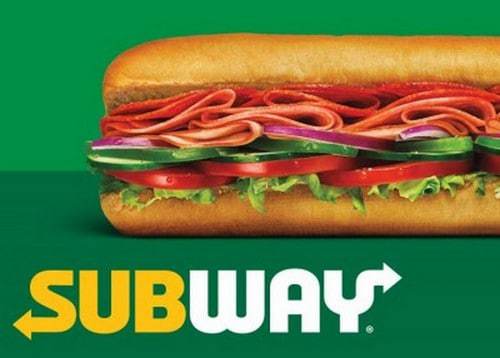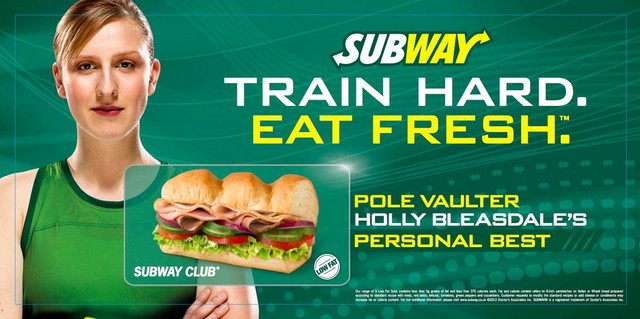Founded in 1965 the brand SUBWAY is the world’s largest submarine sandwich quick-service restaurant chains in 45,000+ locations around the world. Subway is known for offering fresh & nutritional MTO (Made-to-order) veggie foods since its inception.
Serving hygienic fast food items with excellent customer services and expansion of its outlets is what helped the Subway in becoming no. one fast food chain worldwide.
Table of Contents
Segmentation, targeting, positioning in the Marketing strategy of Subway –
Subway uses a mix of demographic and geographical segmentation to make its products more appealing to the targeted group of customers.
The largest single-brand restaurant chain uses undifferentiated targeting strategy to design the offerings and services as per the choice of the customers.
It uses value-based positioning strategy to create a long-lasting brand image in the mind of the potential consumers.
Marketing mix
SWOT analysis
Mission- “Not Available”
Vision- “To become no. 1 in quick service restaurants worldwide while maintaining the taste & freshness”
Tagline-“Eat Fresh”
Competitive advantage in the Marketing strategy of Subway –
A high number of chains in the world: The brand Subway is owned by the Doctor Associates who collects 8% of the revenue from 45000+ franchised outlets in the world with presence in 120+ countries.
Low or no operational cost: Doctor Associates does not own any of its franchised outlets which safeguard them from the risk of failure or from financial burden due to operational cost.
BCG Matrix in the Marketing strategy of Subway –
The submarine sandwich & salad outlet of Subway offers fresh veggie and non-veg items globally.
The submarine sandwich and salads of Subway are stars in the BCG matrix whereas none- veg menu items, baked goods like muffins, doughnuts are a question mark in the BCG matrix due to the presence of a large number of players in the segment.
Distribution strategy in the Marketing strategy of Subway –
Subway is the largest chain operator in the world have more than 45000 restaurants outlets globally with all being operated on the franchised model and the owner company Doctor’s Associates collects 8% of the revenue from each franchise.
Brand equity in the Marketing strategy of Subway –
In the list of most valuable brands in the world, subway stood at 87th position (May 2016 report). Aggressively advertising brand offerings across various channels have helped the brand in increasing its visibility in the market.
Competitive analysis in the Marketing strategy of Subway –
Fast food companies are giving head-on competition to Subway but due to its focused marketing strategies highlighting healthy diet, quality, taste, nutrition & several other health-related benefits company is able to create sustainable competitive advantage.
Market analysis in the Marketing strategy of Subway –
The fast food market is flooded with MNC’s and local food joints eating each other market shares. Subway with 45000+ outlets across the globe is the leading player in the QSR industry (Quick service restaurants) and is ahead of many chains like McDonald’s, KFC, and Dominos etc.
Changing lifestyle, rising health issues, changing eating habits and increasing health awareness factors are affecting the growth of the companies in this industry
Customer analysis in the Marketing strategy of Subway –
Customers of Subway are the health conscious people in the age group of 15-40 years who love outing with their friends, family and loved ones. Subway has attracted the younger population who are outgoing and are in schools or colleges.
Liked this post? Check out the complete series on Strategies

